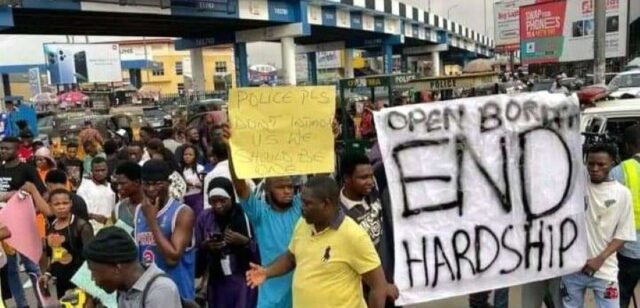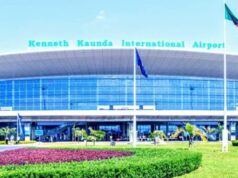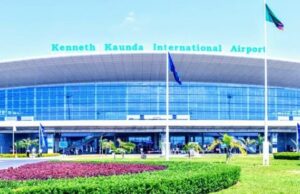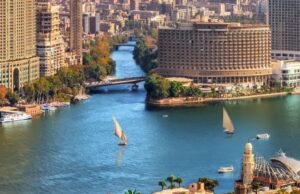
(3 Minutes Read)
The Naira dropped to 1,712 against the dollar in late trades on the official market yesterday (20th February) and to around the same level on the unofficial market after extending losses, reports indicate
Nigeria’s currency naira on Monday fell further to record lows on both the official and unofficial markets. This was accompanied by tanking of stocks, the biggest one-day fall in more than a year. Nigeria experiences severe dollar shortages. Amidst these developments, the apex bank chief Governor Olayemi Cardoso asserted that foreign exchange liquidity was improving thanks to the reforms the government has initiated.
The Naira dropped to 1,712 against the dollar in late trades on the official market yesterday (20th February) and to around the same level on the unofficial market after extending losses, reports indicate. www.trendsnafrica.com has reported about the country’s inflation rate, which stood at almost 30% in annual terms mainly due to soaring food costs.
Record erosion in the value of the local currency was also felt in the stock exchange as the index fell sharply yesterday, the single biggest fall since October. 2022 when they fell 3.15%. The downward trend in shares was more on account of a sharp fall in banking, consumer goods, and industrial shares.
Cardoso has hiked open market rates to draw investors to bills that had lost their shine to equities as inflation climbed. Treasury rates still lag the benchmark policy rate and the fall in the naira means yields would have to rise further.
In a related development, there were demonstrations in certain parts of Nigeria against surging prices. People took to the streets holding placards protesting against the high cost of living in Ibadan in Oyo State. The country is facing an inflation hovering around 30%, which is the highest since 1996. According to government statistics, the inflation rate in January rose to 29.9%, its highest since 1996, mainly driven by food and non-alcoholic beverages.
Read Also:
https://trendsnafrica.com/naira-at-a-record-low-as-nigerian-economy-gets-more-stressed/
Nigerians are facing one of the West African nation’s worst economic crises. The surging inflation rate is attributed mainly to monetary policies that have dipped the local currency to an all-time low against the dollar. Bola Tinubu’s government launched reforms last year that saw the removal of gas subsidies. This eroded incomes and savings while squeezing millions already struggling with hardship. The government sources point out that the trajectory of challenges will be short-lived and the economy will bounce back shortly.











